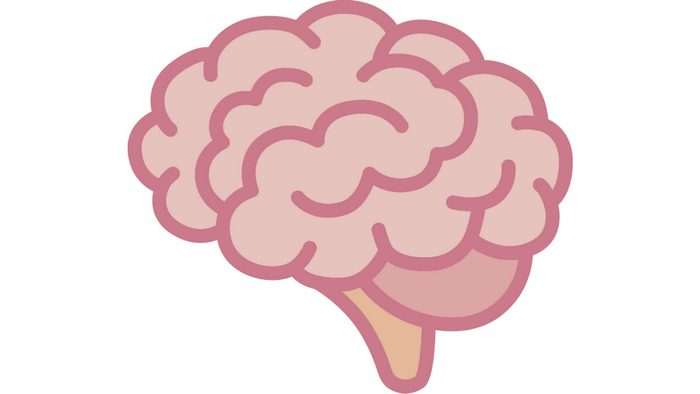
Too young for brain health?
You’re young. You’re beautiful. You don’t need to worry about brain health issues like Alzheimer’s and dementia, right? But, you’re also smart. So, you’ll appreciate the advice from The Telus Health Brain Project’s Dr. William Reichman, president and chief executive officer of Baycrest Health Sciences, and professor of psychiatry on the Faculty of Medicine at the University of Toronto. Find out why he says now is the right time to start thinking more about your noggin’.

The mistakes of your youth
The brain doctor says: You would be right to think that the brain is developed when we are young. “Brains begin to develop within the first few weeks of pregnancy and continue to grow and change throughout the course of a person’s life,” says Reichman. “This means that brain health should begin with good prenatal care and continue with a brain healthy lifestyle every day of our lives. While genetics do play a role, the choices we make as young adults have a major impact on our futures.”
So, our bad habits, like smoking, drinking alcohol frequently and a poor diet that lacks supporting the brain with the nutrients it needs can have a negative impact on our overall health, including the brain. So instead of regretting those bad habits, make good ones now, as committing to a healthy lifestyle is never too late.
“Recent studies have told us that things such as our diets, education, physical activities, and social connections can help to delay the onset of dementia, which is why it’s so important to keep brain health top of mind from an early age,” says Reichman.

Consider these brain-healthy foods
The brain doctor says: “There is a growing body of evidence that healthy eating is associated with retention of cognitive function,” says Reichman. “The recently published Canadian Brain Health Food Guide recommends focusing on an overall pattern of healthy eating, not one specific superfood for brain health, eating fish, beans and nuts several times a week, healthy fats from olive oil, nuts and fish, and embracing balance, moderation and variety.”

You’re never too busy for a brain-boosting hobby
The brain doctor says: “Learning how to play an instrument or speak a new language has been shown to make us less vulnerable to losing cognitive functions as we age,” says Reichman. “A study by researchers at the Rotman Research Institute at Baycrest showed that learning a new language can also delay the onset of Alzheimer’s disease.”
For some brain teasing games, check our game centre.
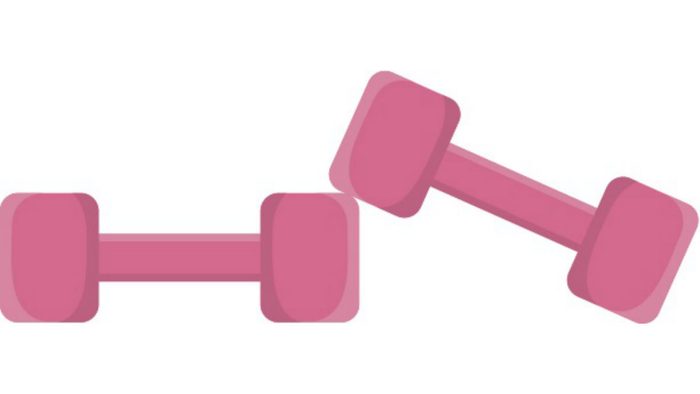
It’s time exercise your body-mind connection
The brain doctor says: “Both strength and endurance-building exercises offer great brain health benefits, especially when you can add social and cognitively stimulating elements to the activity,” says Reichman. “Dancing, team sports and group fitness classes are great ways to keep your mind and body active. The bottom line is that anything that’s good for the heart is also good for the brain.”
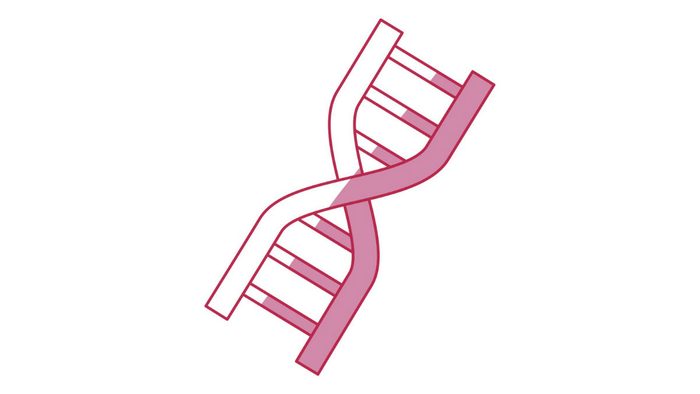
Find out what’s in your genes
The brain doctor says: “Our family histories can give us a sense of our potential risk of developing a cognitive impairment,” says Reichman. “Research has shown that those with a parent or sibling with Alzheimer’s disease are more likely to develop the disease themselves. Heredity, genetics and environmental factors both play a role, so when we’re assessing someone’s risk of developing a cognitive impairment, it’s important to consider all of the elements that can impact brain health.”

It affects our lives right now
The brain doctor says: The effects of brain health are big. “People of all ages can be impacted by brain health challenges, either directly or as a caregiver. Dementia impacts people of all ethnicities, all religions, all ages, and all socioeconomics groups,” says Reichman. “Despite nearly 40 years of substantial private and public investment, society has not come up with any meaningful medication to help those with Alzheimer’s disease and related dementias.”
He shares some stats: Close to 750,000 people in Canada have some form of cognitive impairment and this number is projected to grow in 15 years to 1.4 million as the population ages. Simply put, medical breakthroughs are not keeping pace with the growth of people with dementia.
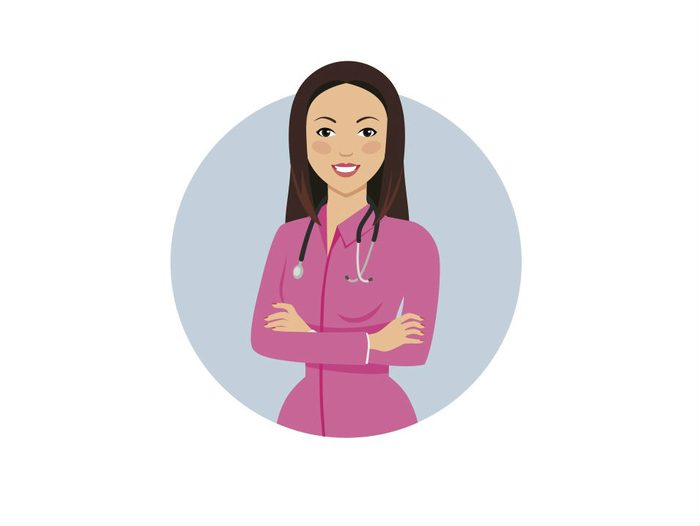
How to talk to your doctor or health-care provider
The brain doctor says: “Keeping our brains healthy is a life long journey. It begins with good prenatal care during the earliest days of life and continues with healthy lifestyle choices as we age,” says Reichman. “Forgetfulness can be a normal part of aging, but for some, memory problems can be a sign of a serious problem, such as mild cognitive impairment or dementia. If you’re concerned that you or someone you know may have a memory or mental health problem, talk with your doctor.”
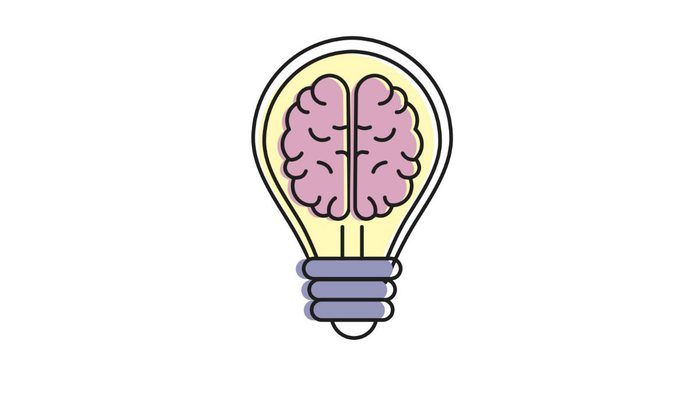
You want more about brain health – that’s a good thing!
The brain doctor says: You read this story, and that is a great first step. To learn more check out this brain health public awareness campaign. “The Telus Health Brain Project, which is now in its second year, allows us to continue a public conversation about the importance of brain health and reflect on the impact brain health challenges can have on our lives and the lives of our loved ones,” says Reichman. If you’re in Toronto, you may have noticed the effort through brain sculptures around the city. “In addition to adding beauty and interest to the streets of Toronto, the Telus Health Brain Project will keep brain health top of mind while raising funds for Baycrest Health Sciences, a global leader in brain health and aging.”
